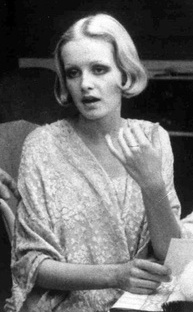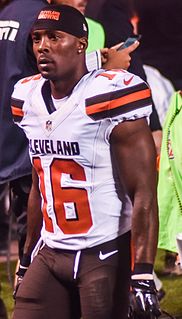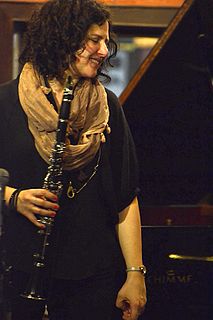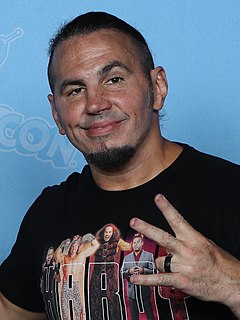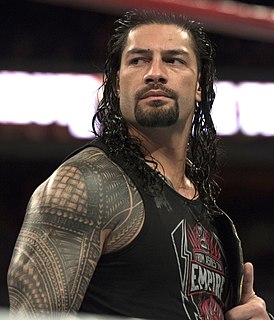A Quote by Randy Orton
I think my whole deal was I didn't think other people had a right to an opinion. I think the problem I had was, in real life, it was my way or the highway, and if people disagreed with me, then they were just wrong.
Related Quotes
When I was 16 I started keeping a diary in which I recorded my disagreements with the famous philosophers. I didn't insist that they were wrong, that I was right and I had to prevail. I just agreed and disagreed with them. I thought there was a high degree of probability that I was right and some other thinkers were wrong. But I wasn't positive about it.
To get a person's real opinion, ask what she thinks everyone else believes... If people truly hold a particular belief, they are more likely to think that others agree or have had similar experiences. [People] tend to assume that other people have had life histories at least somewhat similar to their own. When we talk about other people, we are often talking about ourselves, whether we know it ourselves.
Whenever I hear an American say Aussies drive on the 'wrong side of the road,' I just lose it. You ever think about how those people grew up driving on the 'wrong side of the road,' watched a lot of people get hurt on the 'wrong side of the road,' die on the 'wrong side of the road,' while other people cheered from the 'right side of the road'? Australia has a thing called Highway Fights, so it's touchy.
There are some really great books that have been written about slavery, but I don't think that the discourse about it in society has been very accurate or healthy. I don't think we've come up with ways to tell it that don't insult people or hit them in the wrong way. Part of the problem is that most people don't really understand what slavery was anyway. Most white people didn't own slaves. Slavery was a way of life, just like driving cars is a way of life now. It doesn't mean that it was right.
[Marla, Shar and I] all have had very public breakups, so I think people know they can relate with us in one way or another. And this is one of the few reality shows where they didn't have the cameras right in people's faces. Like when we were sitting around the table talking with the divorced people, the cameras were way back. And we just listened. Sometimes people just need an ear.
What people generally tell you is, "We'll all agree," and then once you sign, they expect to get their own way. I think it was a bit of a surprise that I was still very headstrong even after signing. I wasn't so happy to get a deal that I would agree to anything. In fact, I disagreed on most things and got my way on most things, which I think was to all of our benefit. But they wanted the record to come out, and I wanted the record to come out, so we had to work together.
People still think that a woman who doesn't have children or doesn't want children is really lacking in something. I've seen this over and over again in my life. I've had this thinking used against me repeatedly. I remember I had a therapist once, and I brought this up, and she said, "Well, I think women who don't have children feel very self-critical. They feel bad, so they think other people are critical in that way."
I don't think I'm saying anything wrong. And that's just how I judge it. I believe it's not so much about the people, that's just my take. I think making it about people is the wrong way to do it. I think it's the systems. The systems are broken; the systems are what need to be fixed. I think there's bad people in every sector of America.
There's always this joke that I say in Israel: people don't really have discussions; they just try to convince the other people that they are wrong or they are right - they just try to impose their opinion on the others. Sometimes I think it's easier to avoid talking about things and just make music.










